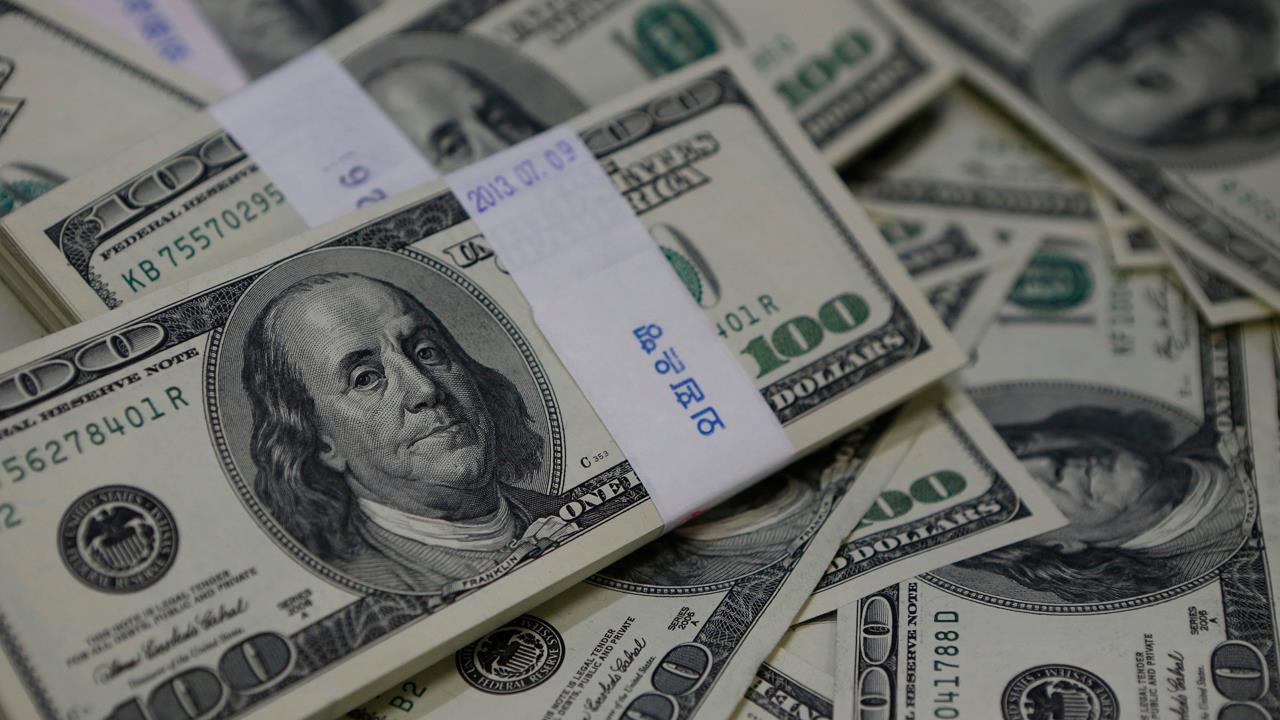Trump’s China tariffs big losers: Victoria’s Secret, Under Armour
The Trump administration announced $50 billion dollars’ worth of tariffs on Chinese goods on Thursday, a move that could hit U.S. retailers, including powerful names in the lingerie and athleisure industries.
The broad-based tariffs are likely to lead to higher manufacturing costs for some companies, and therefore increased prices for consumers.
American lingerie giant Victoria’s Secret may be headquartered in Columbus, Ohio, but the company sources manufacturing to a Hong-Kong based group called Regina Miracle International Holdings Ltd. The Chinese company focuses on innovation and development in the bra and intimate wear segment, its biggest driver of revenue, but has also expanded to include sports bras and other athletic products.
Regina Miracle Holdings generates 35% of its sales from Victoria’s Secret, and American lingerie demand makes up 60% of revenue, according to Bloomberg.
Victoria’s Secret and L Brands did not immediately return FOX Business’ requests for comment.
Other major Regina Miracle Holdings customers include Adidas Group, Under Armour and Champion, the latter of which is owned by Hanesbrands. The Chinese company produces sneakers and footwear for the American athletic companies.
U.S. Trade Representative Robert Lighthizer initially proposed tariffs worth $30 billion on Chinese goods. However, the administration lifted that number to $50 billion, while Trump said it could reach as high as $60 billion. The administration is imposing tariffs in order to try to force China to change its intellectual property practices. The U.S. government alleges that Beijing steals billions of dollars’ worth of company secrets and proprietary technology each year.
When asked about the potential of a trade war developing during testimony on Capitol Hill Thursday, U.S. Commerce Secretary Wilbur Ross said “no one knows” whether other countries will respond and in what form.
But some experts believe China’s response could be muted, considering, like Regina Miracle Holdings, Beijing’s companies rely heavily on U.S. customers.
“Last year, 88.8% of China’s overall merchandise trade surplus related to sales to the United States,” Gordon Chang, “The Coming Collapse of China” author, told FOX Business. “That is up from an already stunning 68.0% in 2016. Fighting with a critically important customer is not an especially brilliant strategy.”




















